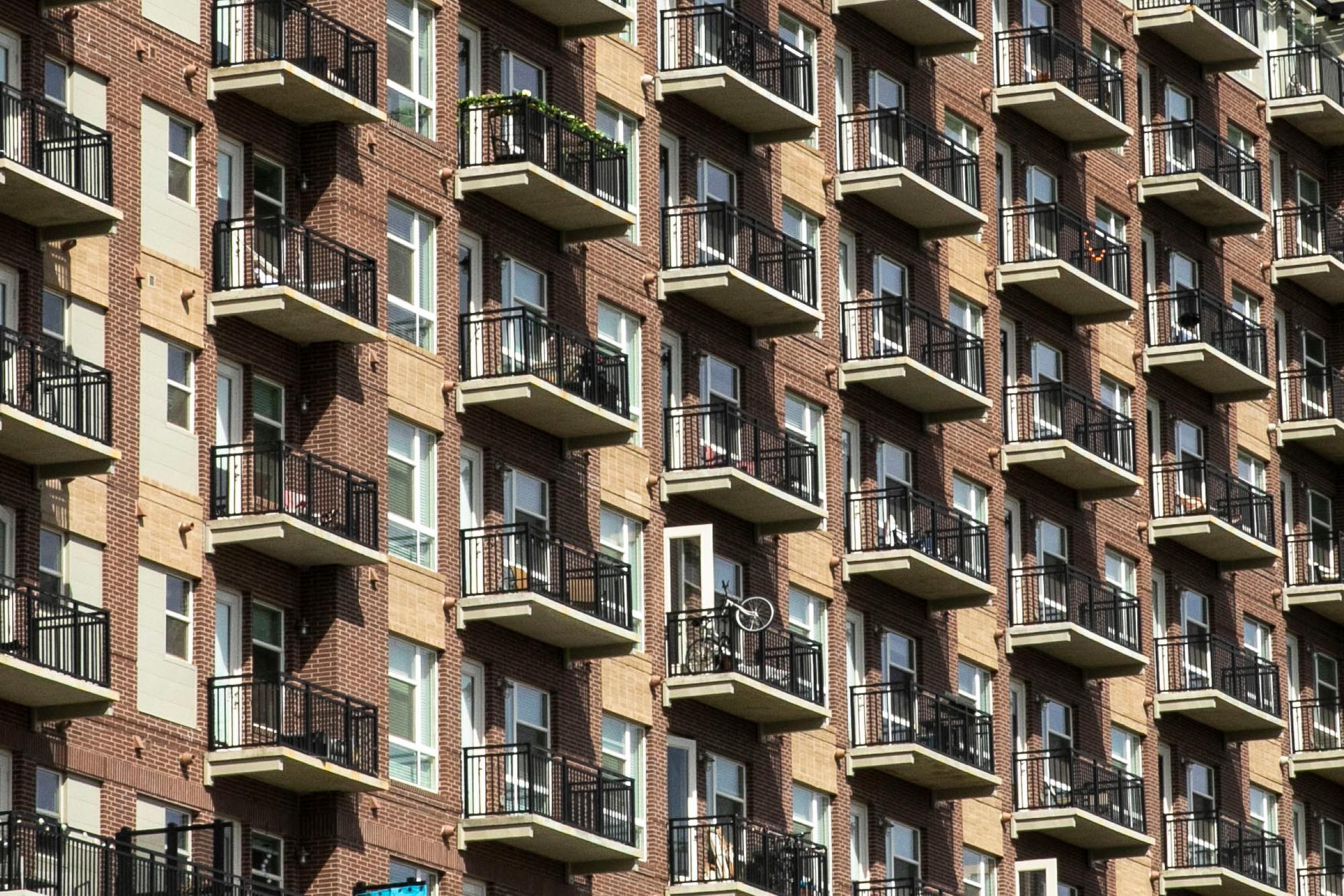
A proposal that would allow local governments to set limits on rent prices is moving forward at the legislature, but with some significant changes.
The bill, titled HB-1115, has quickly emerged as a center of attention for this session, drawing more than 160 people to sign up to testify at its first hearing Wednesday. Over more than nine hours, dozens of people talked about how they’d been forced to spend most of their income on rent, or even to go without food to avoid falling behind.
“Please, please, please, empower us to represent our people,” said JD Mangat, the mayor of Lafayette and a public school teacher, who explained that high housing costs forced him to live with his parents.
The proposal would not enact any rent controls directly, but it would give cities the power to set their own local rent control or stabilization policies.
Another witness, Victor Galvan, spoke to the damage done to families by constantly rising housing prices. In his youth, he said, he moved some two dozen times — often fighting with his brothers over the sturdiest boxes, which would be reused for move after move. The constant changes of schools meant they always felt like strangers, he said.
The committee also heard from landlords and development interests, who warned that limits on rent would discourage the development of new housing and prevent landlords from upgrading their buildings.
What the amendment changes
Ahead of the committee vote, state Rep. Javier Mabrey, a Democratic sponsor of the bill, proposed an amendment meant to smooth over the concerns of some lawmakers and others.
Mabrey’s changes add several “guardrails,” he said, that are meant to prevent negative side effects while still fighting against price gouging.
The amendment sets a “floor,” saying that cities must always allow rents to increase by at least 3 percentage points more than the rate of inflation, as calculated by the Consumer Price Index. For example, if inflation is driving up costs by 6 percent per year, rents must be allowed to rise by at least 9 percent.
The amendment also makes an exemption for new development. Under the new proposal, buildings less than 15 years old would never be subject to local rent controls. That change is meant to give developers the confidence to keep building.
The amendment also says that rent controls must apply “uniformly” to “all renters that are similarly situated.” That’s meant to avoid the patchwork effect of places like New York City, Mabrey said, where one building might be under rent control but a similar building next door is not.
Opposition from Polis
Rent control has been banned for some 40 years in Colorado, and the idea faces opposition from Gov. Jared Polis. Mabrey said that the governor’s administration has not been involved in negotiations on his bill, “but the door is open and we hope to connect soon.”
In an earlier statement, Polis’ office said he was “skeptical that rent control will create more housing stock, and locations with these policies often have the unintended consequences of higher rent."
The statement underlined that the “rent is too damned high” and added that the administration is “always open to seeing specific proposals and letting legislators know if they have any concern.”
The Polis administration didn’t immediately offer comment on the new amendment.
Next steps
The amended bill advanced with an 8-5 vote, with Democratic state Rep. Alex Valdez joining Republicans to oppose the bill. Valdez said that while rents “aren’t fair,” neither are market controls.
The bill heads next to the House’s Committee of the Whole. Before it becomes law, the bill would have to get approvals from the full House and the full Senate and, eventually, win the governor’s approval.









